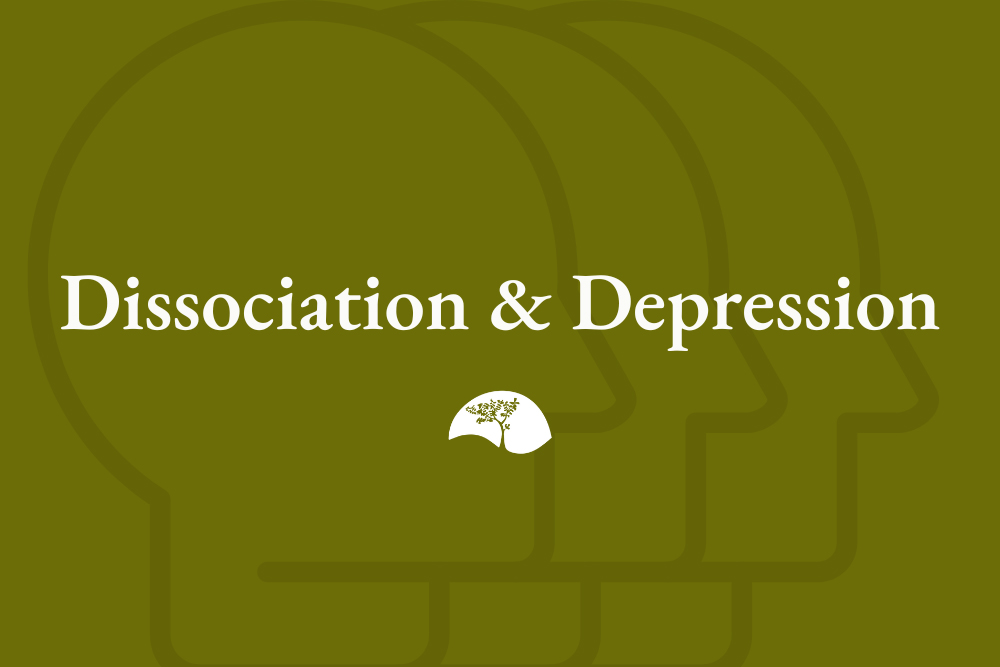Dissociation is one way your brain handles extreme stress and trauma. It can be a symptom of many mental health disorders, including severe depression. People who dissociate escape reality in ways that can cause problems with daily life.
What Is Dissociation?
Dissociation is a way to detach from yourself and the world around you. You may only experience this phenomenon briefly while something traumatic is happening. But you also might have learned this coping mechanism when you were very young in response to ongoing physical or emotional abuse.
People who dissociate can leave their usual consciousness, have amnesia or form different identities inside their minds.
Symptoms of dissociation can include:
- Gaps in your memory that leave you unable to remember specific events or details
- Forgetting how to do tasks you’ve never had problems with in the past
- A sense of being separate from yourself or your emotions
- Perceiving the people and things around you as distorted or unreal
- A blurred sense of identity
- Significant strain or problems in your relationships, work or other important areas of your life
Can Dissociation Make Depression Worse?
Dissociative disorders frequently co-occur with severe depression. This dual diagnosis can complicate and exacerbate both conditions. Though some estimates suggest more than 80% of people who dissociate have experienced major episodes of clinical depression, the ability to compartmentalize may make it more challenging to get an accurate diagnosis. In addition, some symptoms are the same in both disorders, such as a loss of energy, impaired decision-making skills and feelings of hopelessness and guilt.
Depression may also worsen dissociative symptoms or lead to an increase in dissociative periods. To make matters worse, dissociative depression often resists treatments like talk therapy and medication.
Warning Signs of Dissociative Depression
It’s possible to have dissociative depression without recognizing it. Signs to look for include:
- Rapid mood swings
- Memory problems
- Altered identities
- Depression, anxiety or panic attacks
- Thoughts of suicide or self-harm
- Substance abuse
Healing from dissociative depression requires addressing the underlying trauma at the heart of the condition. Effective treatments can include hypnosis, dialectical behavioral therapy and eye movement desensitization and reprocessing.
Personalized Attention in a Safe Environment
Dissociation and severe depression can make you feel like you do not deserve to feel better, but don’t give up. At Hemet Valley Recovery Center & Sage Retreat, you can focus on healing your mental, physical and spiritual health in an accredited hospital setting.
We create individualized treatment plans for each client, ensuring 24/7 access to hospital-grade support services throughout the entire continuum of care. We also make recovery accessible to more people by accepting various forms of health insurance. Our professional team works hard to maintain a comfortable environment where people can fully focus on their recovery journeys. To request help or learn more, reach out to us today.





























